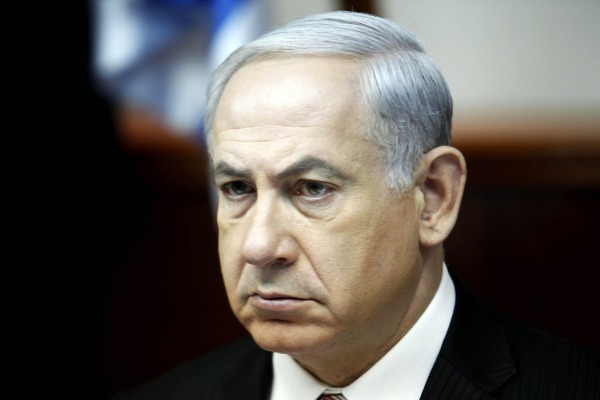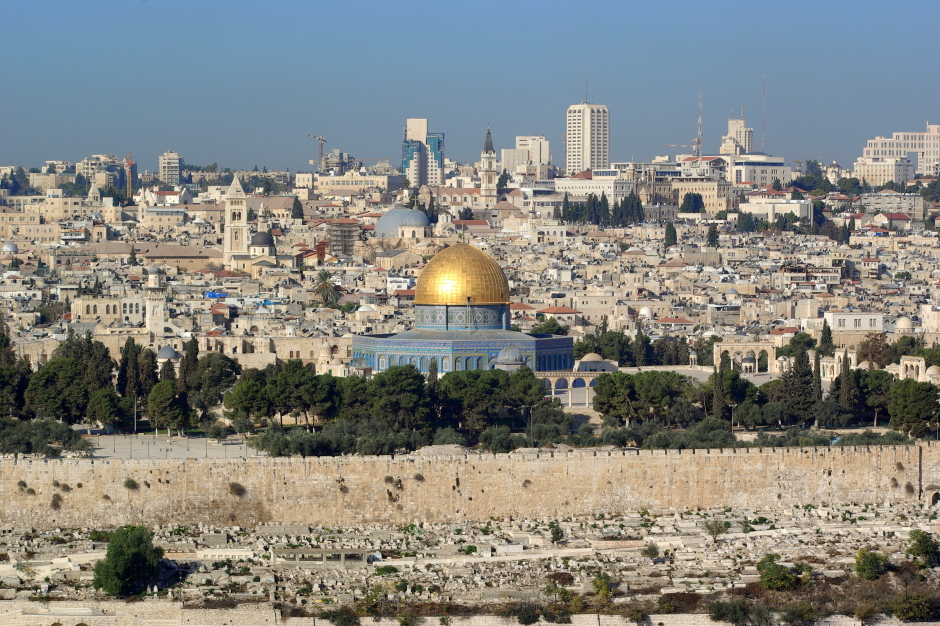Israeli Prime Minister Benjamin Netanyahu has got things backwards, much to Israel’s detriment.
Lashing out at U.S. condemnation of Israeli plans to build more than 1,000 apartments in areas of eastern Jerusalem annexed by Israel after the 1967 Six Day War, Netanyahu declared, “I have heard a claim that our construction in Jewish neighborhoods in Jerusalem makes peace more distant. It is the criticism which is making peace more distant. These words are detached from reality.”

Netanyahu was alluding to a comment made recently by U.S. State Department spokesperson Jen Psaki after Israel announced its intention to build 600 apartment units in Ramat Sholomo and 400 in Har Homa.
Psaki said, “If Israel wants to live in a peaceful society, they need to take steps that will reduce tensions. Moving forward with this sort of action would be incompatible with the pursuit of peace.”
Psaki’s sharp criticism, echoed by the European Union, Jordan and the Palestinian Authority, is very much in tune with reality.
With tension rising in East Jerusalem and support for armed struggle and for Hamas growing among Palestinians, this was hardly the time to pour oil on the fire, as Justice Minister Tzipi Livni suggested the other day.
More to the point, the status of East Jerusalem should not be resolved unilaterally by Israel. Yet, in total disregard of international opinion, Israel has built a succession of neighborhoods there, and continues to enlarge them in an attempt to consolidate its grip on East Jerusalem, whose population is predominantly Arab.
As Netanyahu put it in a defiant speech, “We have built in Jerusalem, we are building in Jerusalem and we will continue to build in Jerusalem.”
The final status of East Jerusalem, however, is an issue that should be settled through diplomacy rather than through bulldozers.
Under an equitable two-state solution, East Jerusalem should become the capital of an independent Palestinian state, while West Jerusalem should be Israel’s capital. These parts of the city should not be artificially divided.
Attempts by Israel to pre-determine East Jerusalem’s future work against its fundamental interests, inflaming Palestinian and Arab opinion and endangering its key relationship with the United States, as Finance Minister Yair Lapid has warned.
In justifying his unilateral policy on Jerusalem, Netanyahu has said, “The French build in Paris, the English build in London, the Israelis build in Jerusalem. Should we tell Jews not to live in Jerusalem because it will stir things up?”
The analogy is jarringly false.
As Netanyahu is doubtless aware, neither London nor Paris are ferociously contested cities at the center of a political storm. Eastern Jerusalem, by contrast, is coveted by two national movements — Zionism and Palestinian nationalism — at odds with each other.
Netanyahu and company should finally come to terms this reality. It can’t be wished away by construction projects designed to alter the status quo and prejudge the outcome of future negotiations.

East Jerusalem’s final status should be determined through good faith peace talks with the Palestinians, who deserve statehood. Netanyahu is charting a disastrous course for Israel by hewing to unilateralism. He’s isolating Israel on the world stage, undermining the Palestinian Authority (Israel’s only realistic negotiating partner), strengthening Hamas (which rejects Israel’s very existence), endangering Israel’s two decade-old peace treaty with Jordan and alienating the United States, Israel’s ally and benefactor.
In theory, Jews should be allowed to live where ever they wish in greater Jerusalem. That’s a given. But an agreement on East Jerusalem’s political status should be signed and sealed first before all its neighborhoods are thrown open to Jews.
Netanyahu’s stubborn and counter-productive refusal to recognize such basics proves beyond any reasonable doubt that he has detached himself from the norms of reality.
This piece appeared in The Times of Israel.
